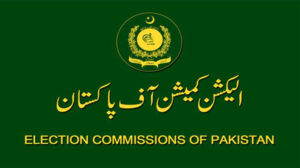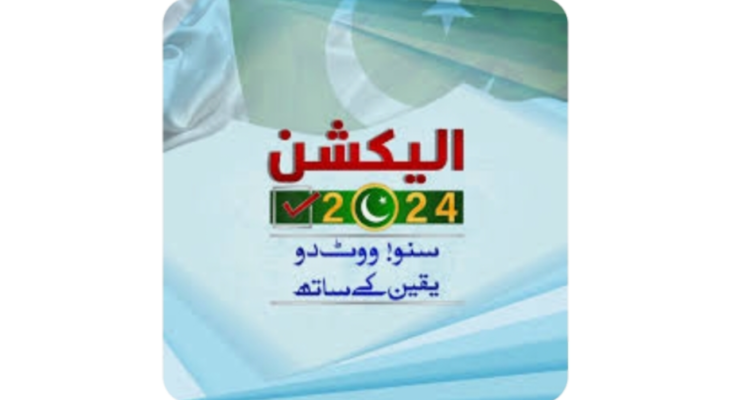Introduction
The 2024 elections in Pakistan mark a crucial moment in the country’s democratic journey. With a history of political turbulence and allegations of electoral fraud, the world watches closely as Pakistan navigates its democratic process. In this article, we delve into the mechanisms in place to ensure fair and transparent voting procedures, examining the challenges and advancements made in the 2024 elections.

Historical Context
Pakistan’s electoral history has been marred by controversy, with allegations of rigging and irregularities casting doubt on the legitimacy of past elections. From the early years of its independence to recent times, ensuring free and fair elections has been a persistent challenge for the country.
Electoral Reforms
In response to past electoral issues, Pakistan has undertaken various reforms to improve the integrity of its voting process. These reforms include the introduction of biometric verification systems, enhanced voter education initiatives, and measures to increase transparency and accountability within the electoral process.
Biometric Verification Systems
One significant advancement in Pakistan’s electoral system is the implementation of biometric verification systems. By linking voters’ identities to their biometric data, authorities aim to prevent multiple voting and impersonation, thereby reducing the risk of electoral fraud.
Voter Education Initiatives
Ensuring that voters understand their rights and responsibilities is essential for maintaining the integrity of the electoral process. In the lead-up to the 2024 elections, Pakistan has intensified voter education initiatives, disseminating information on voting procedures, voter registration, and the importance of participating in the democratic process.
Transparency and Accountability Measures
To address concerns regarding transparency and accountability, Pakistan has introduced measures such as the installation of web cameras in polling stations and the implementation of stringent monitoring mechanisms. These efforts are aimed at deterring electoral malpractices and promoting confidence in the electoral process.
Challenges and Obstacles
Despite these advancements, Pakistan continues to face challenges in ensuring a fair and transparent electoral process. Factors such as political polarization, intimidation tactics, and logistical constraints pose significant obstacles to conducting elections that are free from undue influence and manipulation.
Political Polarization
Political polarization remains a pervasive issue in Pakistan, with parties often resorting to divisive rhetoric and tactics to sway public opinion. This polarization can undermine trust in the electoral process and fuel allegations of bias and unfairness.
Intimidation Tactics
Instances of intimidation and violence during elections have been reported in Pakistan, particularly in regions where political rivalries are intense. Such tactics not only threaten the safety and security of voters but also undermine the principles of free and fair elections.
Logistical Constraints
The sheer scale and complexity of organizing elections in a country as populous and diverse as Pakistan present logistical challenges that can impact the integrity of the voting process. Issues such as inadequate infrastructure, transportation difficulties, and administrative inefficiencies can hinder voter turnout and compromise the fairness of elections.
Conclusion
The 2024 elections in Pakistan promise to be a significant event, shaping the country’s political trajectory for years to come. With parties such as PTI, PML-N, PPP, MQM, and JUI vying for power and influence, the electoral landscape reflects a diverse range of ideologies and interests.
As Pakistan navigates its democratic process, the role of these parties in shaping governance, policy, and societal dynamics remains crucial. The outcome of the elections will not only determine the composition of the government but also influence the direction of Pakistan’s socio-political development in the coming years.

